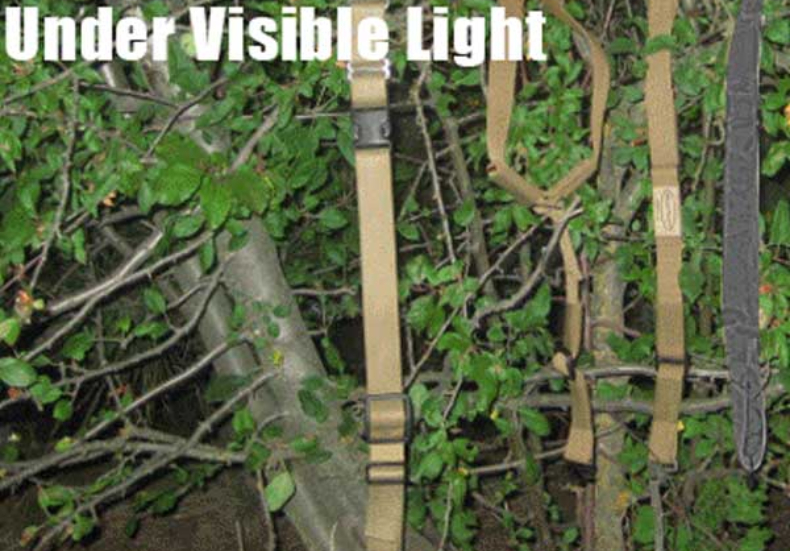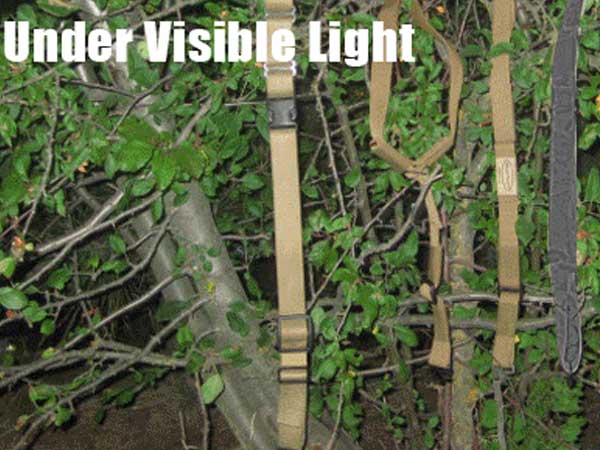
Strong, flexible, and wear-resistant, nylon webbing straps are used in a wide range of industries—from outdoor gear and automotive to luggage, safety harnesses, and industrial textiles. With high tensile strength and excellent abrasion resistance, nylon is one of the most trusted materials for webbing production. At Xuli Textile, a leading manufacturer of technical woven webbing, nylon straps are produced with precision to meet the demands of both commercial and custom applications.
Among the most critical uses is nylon seatbelt webbing. Unlike general-purpose webbing, seatbelt-grade nylon requires a specific blend of tensile strength, flexibility, and smooth texture. The tightly woven construction provides minimal elongation under pressure and outstanding durability over time. Xuli’s seatbelt webbing is available in various widths and colors, often used not only in vehicle manufacturing but also in high-performance bags, safety equipment, and sports gear that demands ultra-strong flat webbing.
Nylon webbing straps are valued for their ability to handle load-bearing applications without fraying, warping, or breaking under stress. These straps are commonly found in backpacks, climbing harnesses, cargo tie-downs, pet leashes, and tactical equipment. Their water resistance and UV stability also make them ideal for outdoor use. Xuli offers nylon webbing in a variety of finishes, weaves, and thicknesses to match specific performance and design requirements.

A frequently asked question by product designers is the difference between nylon vs polypropylene webbing. While both are synthetic materials, their properties differ significantly. Nylon is known for its superior strength, elasticity, and abrasion resistance, making it ideal for dynamic loads and heavy-duty applications. It maintains flexibility at low temperatures and has a more polished appearance.
Polypropylene webbing, on the other hand, is lighter, more economical, and has excellent chemical resistance. It’s a popular choice for temporary or lightweight applications such as bag straps, utility belts, or marine use where exposure to moisture and chemicals is frequent. However, it tends to have lower tensile strength and may wear out faster under heavy use compared to nylon.
When deciding between nylon vs polypropylene webbing, the choice depends on the application. For heavy-duty outdoor or safety gear, nylon offers better long-term durability. For cost-sensitive projects or applications involving constant moisture exposure without high stress, polypropylene can be sufficient.
At Xuli Textile, both nylon and polypropylene webbings are produced under strict quality control standards, with options for color customization, jacquard patterns, and reflective finishes. Whether you need thousands of meters of standard nylon webbing straps or custom-engineered nylon seatbelt webbing, Xuli provides versatile solutions backed by reliable manufacturing and global shipping capabilities.